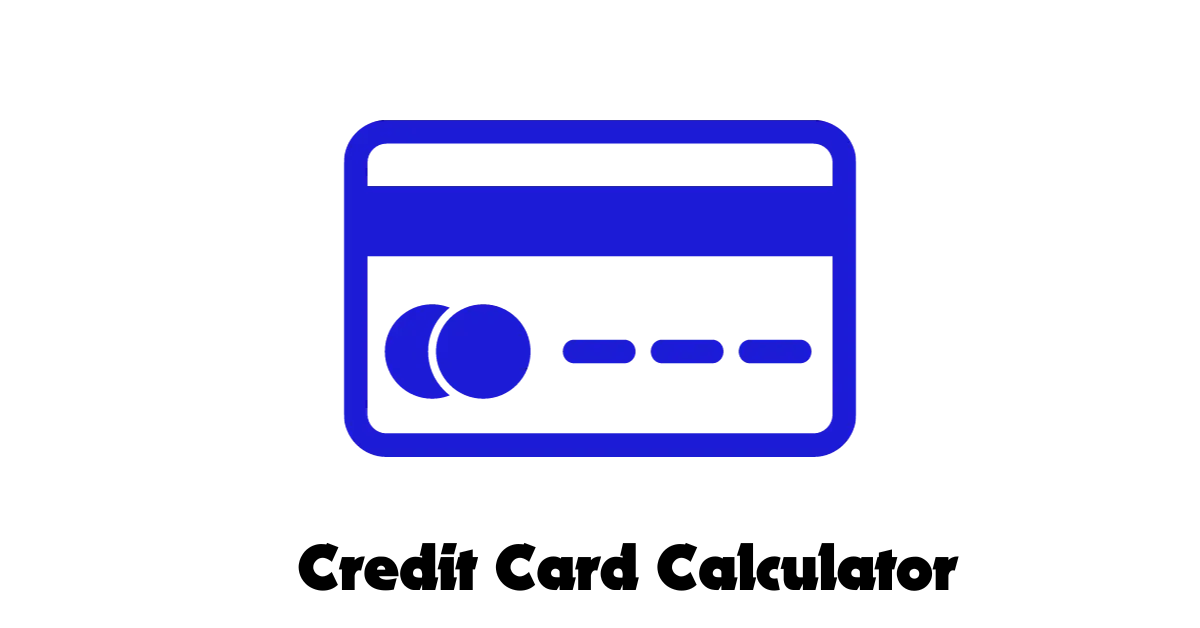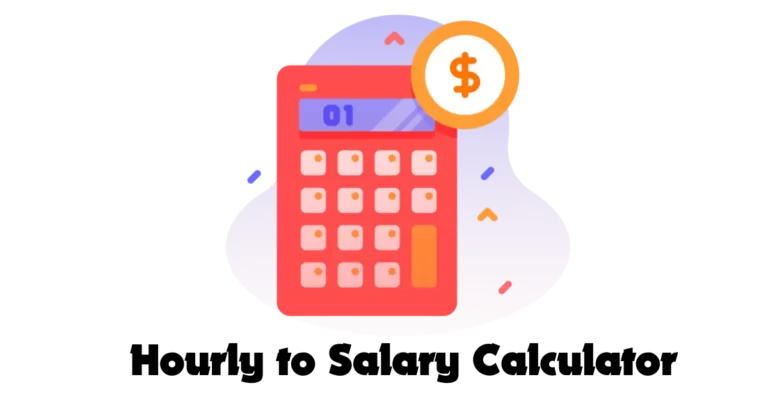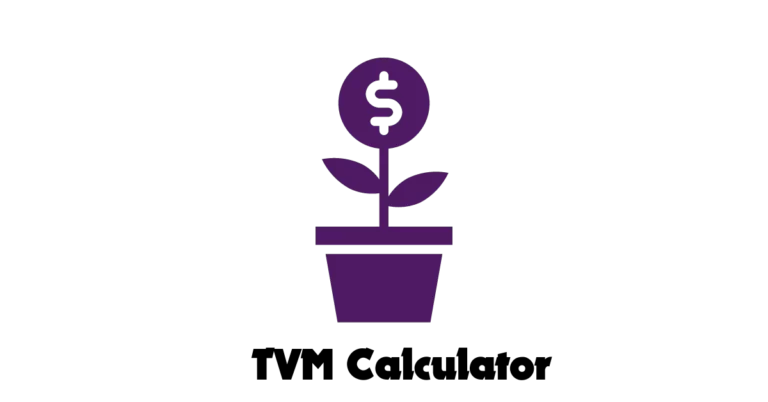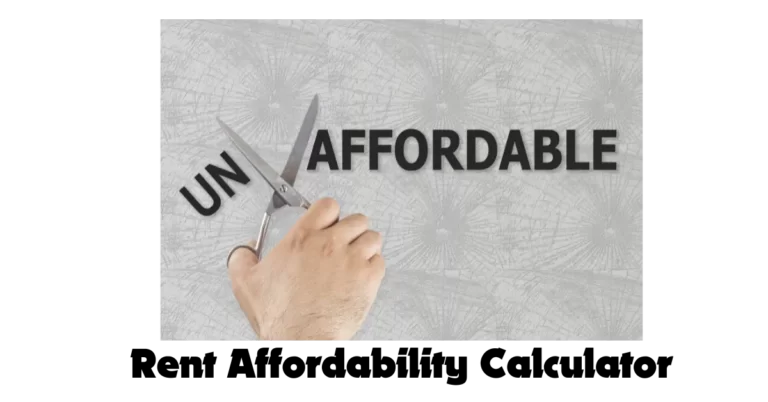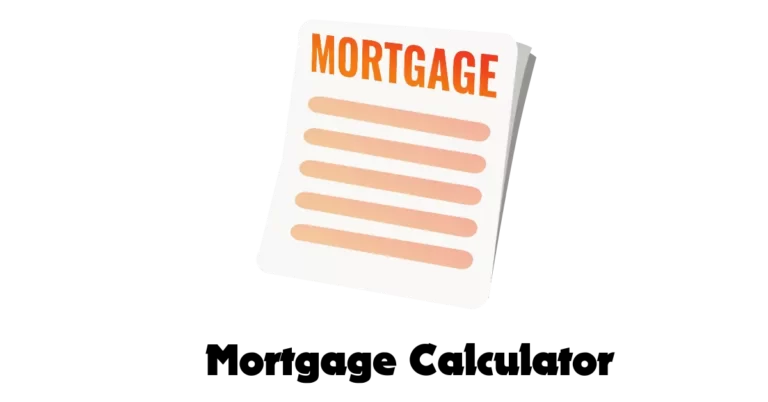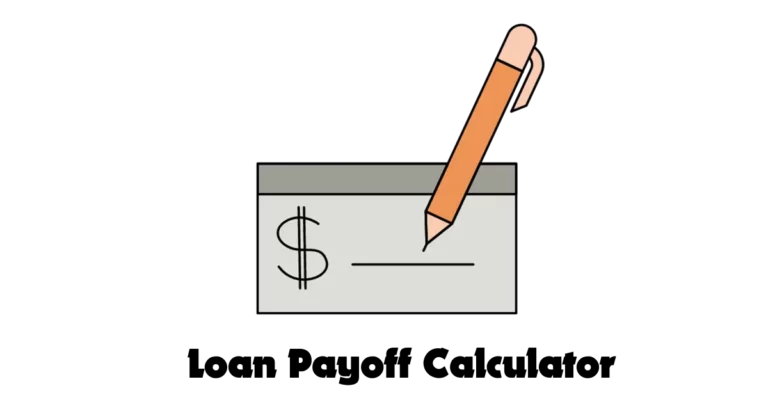Credit Card Calculator
Unlock the potential of sound financial planning with our all-inclusive credit card calculator. Whether you’re keen to project your debt payoff timeline or calculate the exact payments necessary to achieve your financial goals, our intuitive and cost-free tool is your trusted companion. Embark on a path to making well-informed financial choices today
Understanding Credit Card
Credit cards are financial tools that allow cardholders to make purchases on credit. Instead of paying for a transaction immediately, the cardholder borrows money from the issuing bank or financial institution. Credit cards come with a predetermined credit limit, which is the maximum amount a cardholder can borrow.
APR (Annual Percentage Rate)
APR is one of the critical factors to consider when using credit cards. It represents the annual cost of borrowing money and includes both interest and fees. The APR varies from one credit card to another and can significantly impact the overall cost of carrying a balance.
Cash Advances
Credit cards often provide the option of cash advances, allowing cardholders to withdraw cash from ATMs or banks. However, cash advances typically come with higher interest rates and additional fees compared to regular purchases. It’s essential to use this feature sparingly and understand the associated costs.
Balance Transfers
Balance transfers can be a useful tool for individuals looking to consolidate their credit card debt. This involves moving the balance from one credit card to another, usually with a lower APR. Balance transfers can help reduce interest charges and simplify debt repayment.
Advantages of Credit Card
Credit cards offer several advantages, including:
- Convenience: Credit cards provide a convenient way to make payments, whether you’re shopping in-store or online.
- Rewards: Many credit cards offer rewards programs, such as cashback, travel points, or discounts on specific purchases.
- Building Credit: Responsible credit card use can help build a positive credit history, which is essential for future financial endeavors, such as buying a home or car.
- Emergency Funds: Credit cards can serve as a financial safety net during emergencies when you need immediate access to funds.
Disadvantages of Credit Cards
While credit cards offer many benefits, they also come with potential drawbacks:
- High-Interest Rates: Credit cards often have high APRs, making them an expensive form of borrowing if not paid off in full each month.
- Debt Accumulation: Carrying a balance on a credit card can lead to debt accumulation, resulting in long-term financial stress.
- Fees: Credit cards may come with annual fees, late payment fees, and other charges that can add up over time.
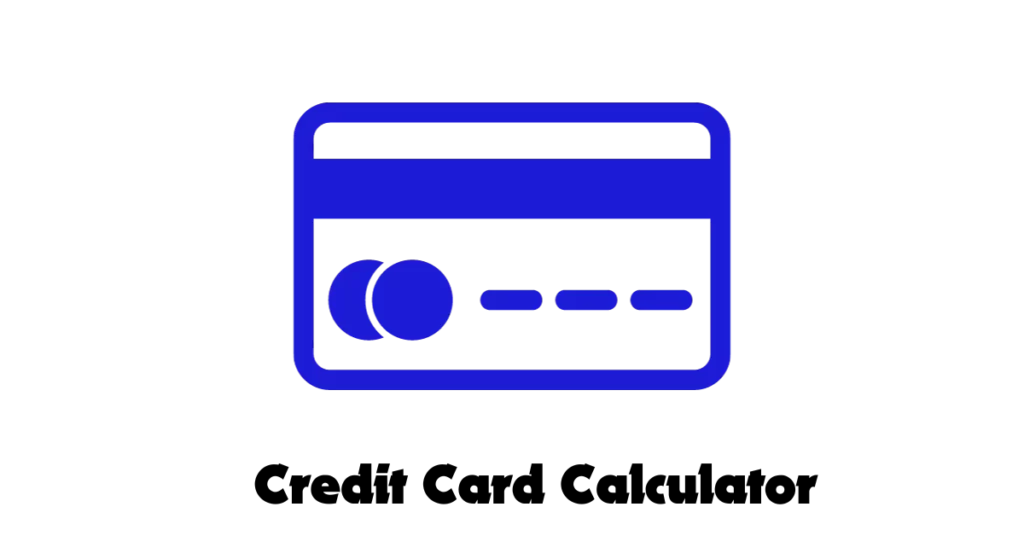
How to Calculate Interest Charges on Credit Cards?
Scenario:
- Credit Card APR: 18%
- Average Daily Balance for the Billing Cycle: $1,500
- Billing Cycle: 30 days
Step 1: Determine the Daily Periodic Rate To find the daily periodic rate, divide the APR by 365 (the number of days in a year):
Daily Periodic Rate = 18% / 365 = 0.0493%
Step 2: Calculate the Average Daily Balance Suppose you’ve maintained an average daily balance of $1,500 throughout the billing cycle. This is the sum of your daily balances divided by the number of days:
Average Daily Balance = $1,500
Step 3: Multiply the Daily Balance by the Daily Rate Multiply the average daily balance by the daily periodic rate:
Daily Interest = $1,500 * 0.000493 = $0.74 (rounded to the nearest cent)
Step 4: Determine the Total Monthly Interest Multiply the daily interest by the number of days in the billing cycle (30 days in this case) to find the monthly interest charge:
Monthly Interest = $0.74 * 30 = $22.20
Why use the Credit Card Calculator?
Using a Credit Card Calculator empowers you to:
- Budget Effectively: By understanding your potential interest charges, you can budget more effectively and plan your payments.
- Make Informed Decisions: It helps you make informed decisions about using your credit card for purchases, cash advances, or balance transfers.
- Avoid Surprise Costs: No one likes surprises, especially when it comes to finances. The calculator helps you avoid unexpected interest charges.
Conclusion
Credit cards can be valuable financial tools when used wisely. By understanding how they work and utilizing tools like the Credit Card Calculator, you can take control of your finances, minimize interest charges, and make the most of the benefits credit cards offer. So, the next time you’re considering a credit card purchase or wondering about your monthly interest charges, turn to the Credit Card Calculator for clarity and financial peace of mind.

